This is a reprint (with some updated websites) of one of our most popular blog posts. With most SLPs going digital right now due to the Covid-19 pandemic, we decided to bring this blog post out of the vault for SLPs looking for ideas for their telepractice sessions.
Right now, which means I’ve got glitter on the speech room floor, my desk is a mess, and I don’t have a ton of time for lesson planning – so I’ve gathered 15 useful websites for speech therapy, and I’m sharing them with you today. Activity plan? Done.
Are you a busy speech-language pathologist? Are you looking for time saving websites you can use in your speech therapy sessions, like, today? I’ve gotcha covered. I’ve got all the most-used websites right here for you to take a look and start getting that speech therapy underway. We all need to press the easy button sometimes (especially this time of year) and provide engaging and targeted lessons that don’t take hours to prep. If you need some help too, read on.
15 Useful Websites for Speech Therapy
1. Speech Drive
If you work with adolescents, this is the resource for you!
This is a fantastic resource for SLPs who work at the middle or high school level.
For example, if you click on “funny signs” (just one of many with a huge variety of resources), you’ll get a PDF with a link to a Pinterest board with funny signs. These activities target a variety of skills, including: including: inferencing, reasoning, comparing and contrasting.
This would be a great resource for those days when you just don’t have time to lesson plan and want something that doesn’t require a bunch of time or materials. (Hello, progress report time!).
2. Wacky Web Tales
These are designed for grades 3 and above.
This resource is a place for a variety of online mad libs.
This is a resource for students learning parts of speech (verbs, nouns, adjectives), or students who are working on articulation words at the structured sentence or reading level. Mad libs can be a fun (and funny!) way to work on these skills. If you really want to target specific words, brainstorm words with the student’s articulation sound in them. For example, if we were working on the OR sound, and a place was asked for, we’d brainstorm Portland, and so on.
3. Roll Dice Online
Playing a game? Lose the dice? Does the sound of hard dice on the table drive you batty? Or, do you work in telepractice where you want your client to see the dice? You can roll electronic dice on this website, another option is here.
4. Hoopla Digital
If you have a library card, chances are you can access books here for free. I love to get kids ebooks here to either share on my tablet (for in person sessions) or to screen share from the website (for telepractice sessions). If you can’t access this, talk to your library about what they use for ebooks. Using digital ebooks has been a great addition to my sessions! I know other SLPs use the Amazon Kindle website and app for paid ebooks.
5. The Kids Should See This
Think of this as the New York Times for kids. These are news stories that would be interesting for children to read. These activities would be best for readers or children with a long enough attention span to listen to the article read aloud (I’d say this is also a grade 3+, although some first and second graders with longer attention spans would enjoy these). After reading the articles, you can ask comprehension questions, work on sequencing, highlight words students don’t understand to work on vocabulary, and more.
The articles are paired with short You Tube videos that work well with the same topic.
6. Read Write Think
I’m not familiar with this website in general, so click around if you are interested. A friend recommended the website to work on idioms, and you can find that activity here.
Also Speech Time Fun shared on Instagram that she uses the What’s in the Bag activity for describing which you can find here (geared towards K-2 students).
The downside of this website is that it’s difficult to find activities. The upside is, it’s full of activities if you know where to look. If you have favorite activities on this website, email me and I’ll add them to this post.
7. ESL Lab
The Listening Lab has audio stories, with comprehension questions for after listening, and ideas of what to talk about before listening to the story so that children can get a framework for the topic and vocabulary.
One nice thing about this website is that stories are leveled, meaning you can choose a story based on its difficulty (easy, medium, difficult).
8. Kid’s National Geographic
This website has high interest stories, especially for elementary-aged students. There are readings, videos, games and more here. This is a great spot to hop on before minor holidays (St Patrick’s Day, Valentines) for stories about the origin of these holidays. This is also a great spot to find high interest stories and videos to teach vocabulary and do some comprehension.
9. Read Works
Read Works is an awesome website for passages to read and comprehension questions afterwards. I use these often for my articulation clients who are at the structured/reading level. I like this website because you search by grade level, and it’s as easy as printing (or downloading and opening) a passage for practice. This is my most-used resource of the ones mentioned here, just because it’s so versatile.
This is also something I can screenshare easily in telepractice sessions.
10. Quia
This website is really incredible. This is probably my second most-used resource. There are tons of games (matching, jeopardy, battleship games) with everything from specific sounds to language activities such as categories, to a stuttering jeopardy game I use often.
I use this website for in-person service as well as telepractice.
11. Fake Text Message
Want to have the fun of sending a text message within the safe boundaries of a pretend website? You can send fake text messages online with this resource. Students will be engaged because they feel like they are sending real text messages, and you can practice a variety of skills on this safe website.
I got this resource idea from Sarah Wu from the Speech is Beautiful website.
Did you know your students can send fake text messages with this website? By creating fake text messages, older students can work on turn taking, adding on to a topic, changing the subject, and giving enough information about a meet up (location, time, etc.). You can also work on grammar and asking and answering questions using this website.
12. Worry Wall Presentation (Super Flex)
If you use the Superflex Curriculum from social thinking, this is a presentation (made using Prezi) about worry wall. It’s interactive and very helpful if you work with older students and have already introduced Superflex.
13. Online Whiteboard
This website is an online whiteboard you can draw on. You can draw, add text, paint on your whiteboard, and upload it when you are done to share with parents for home practice.
This would be especially useful for telepractice, since both the SLP and the student could share the board using screen sharing.
You could draw sequences, pictures of vocabulary words, or a list of vocabulary words with drawings next to them as a memory aid.
14. Tween Tribune
This website has reading materials for students grades 4-7. These readings have a critical thinking question at the end to discuss (or write) as well as a comprehension quiz.
15. You Tube Wordless Videos Playlist
There are lots of You Tube videos that are wordless (usually cartoons). These are great for older students working on sequencing and story retell. I’m not linking any here because playlists can get updated and you’ll need to make sure what you are watching is appropriate for your students. I decided not to link to a playlist here because the videos change, can be updated and only you know if they are appropriate for your students. However, there is one specific video that I use for sequencing with my older students, so here is one favorite: Ornie the Pig.
Useful Websites
I hope these 15 Useful Websites for Speech Therapy are helpful for you as you look ahead to planning your upcoming lessons.
As SLPs, our budget for materials is usually either small or nonexistent. It takes creativity, persistence and planning to make sessions work when there aren’t resources.
Even if you have plenty of materials, it’s nice to mix things up and try something new in therapy. Not only is it great for our students – it’s good for us too!
Best of luck as you move on and try some new (free) websites for your speech therapy sessions!
Sarah Lockhart is a private practice owner and her clinical interest areas include the birth to five population, Childhood Apraxia of Speech, Preschool Autism, and school age dyslexia.


